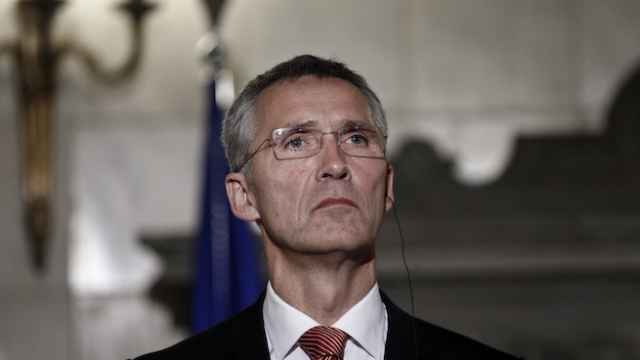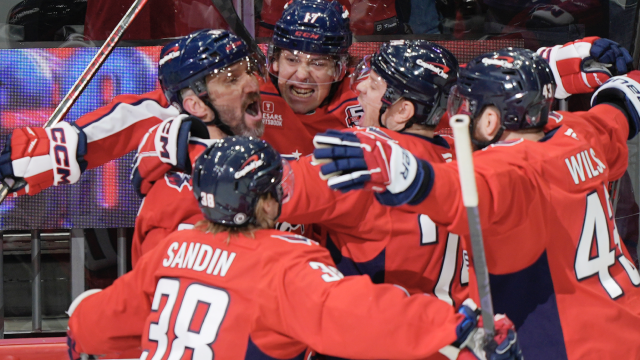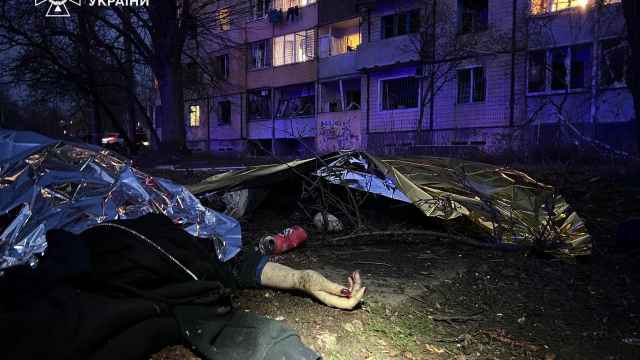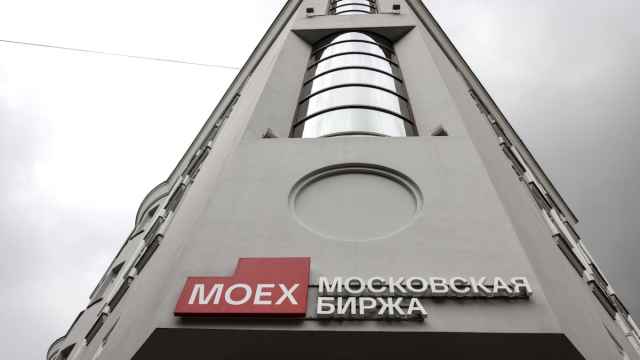Russian military planners will adjust their defensive posture in response to NATO's recent decision to deploy units along Russian borders in Eastern Europe, Moscow's ambassador to NATO said in an interview published Wednesday.
"NATO must understand … Russia will take all necessary measures to ensure reliable protection against any threats," Alexander Grushko told the Kommersant newspaper, pointing specifically to the U.S.-led alliance's moves to refocus on Russia after Moscow's annexation of Crimea from Ukraine in March.
Labeling NATO's deployment a reversion to Cold War logic, Grushko said the decision to position itself against a "big enemy" such as Russia "will have long-term political consequences," pushing both sides down a path of escalating tensions that will ultimately undermine the security interests of the entire European community.
Grushko pinned the blame on Brussels, which he said is looking for "any pretext to accuse Russia of harboring aggressive intentions," brushing off reports of increased Russian air and naval activity on NATO territory over the last year.
Russian defense officials have said Moscow's increased military activity is defensive and meant to deter what they see as NATO encroachment on the country's borders and interests.
Some Russian officials close to Putin, such as Security Council chief Nikolai Patrushev, have taken this line of thinking a step further and accused NATO of outright aggression against Russia.
In an interview with official state newspaper Rossiiskaya Gazeta last month, Patrushev said the U.S. and NATO had unseated former Ukrainian President Viktor Yanukovych in favor of an anti-Russian government in Kiev as part of a policy of containing Moscow that stretches back to the Cold War.
While Grushko's comments are significantly tamer than Patrushev's, they echo remarks made by Putin himself at a special ceremony for military officers at the Kremlin on Friday. Putin said Russia's military buildup, which is costing the government 20 trillion rubles ($500 billion) through 2020, is motivated by purely defensive concerns in the face of what Moscow perceives to be renewed NATO aggression.
A Message from The Moscow Times:
Dear readers,
We are facing unprecedented challenges. Russia's Prosecutor General's Office has designated The Moscow Times as an "undesirable" organization, criminalizing our work and putting our staff at risk of prosecution. This follows our earlier unjust labeling as a "foreign agent."
These actions are direct attempts to silence independent journalism in Russia. The authorities claim our work "discredits the decisions of the Russian leadership." We see things differently: we strive to provide accurate, unbiased reporting on Russia.
We, the journalists of The Moscow Times, refuse to be silenced. But to continue our work, we need your help.
Your support, no matter how small, makes a world of difference. If you can, please support us monthly starting from just $2. It's quick to set up, and every contribution makes a significant impact.
By supporting The Moscow Times, you're defending open, independent journalism in the face of repression. Thank you for standing with us.
Remind me later.





